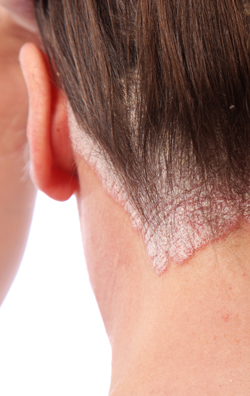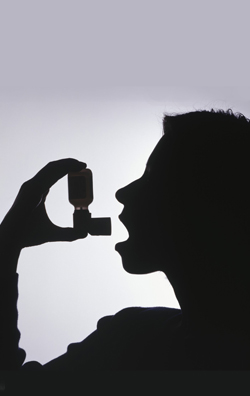
Alcohol intolerance is the set of symptoms arising immediately after a susceptible person consume alcohol. The most common bothersome symptoms include flushing of skin, especially facial skin and congestion of nasal pathway. Often this condition is also called alcohol allergy. This is a genetic condition in which the affected person is unable to break down (metabolize) alcohol. Although sometimes intolerance to other accessory ingredients in the alcoholic beverage may be responsible; these are certain chemicals, grain like ingredients or other preservatives.
Some people as such do not have alcohol, intolerance but they also suffer from a similar set of symptoms following consumption of alcohol; this usually arises due to drinking alcohol with other drugs. Under rare circumstances intolerance to alcohol may indicate presence of certain serious underlying health condition.There is no drug which can cure this condition; the only way is to avoid alcohol and other alcoholic beverages. In mild cases of alcohol intolerance over the counter available antihistaminic agents are sufficient, but for severe cases, adrenalin is the drug of choice along with the symptomatic management of the patient.
Symptoms
Common presenting symptoms of alcohol intolerance include redness of the face (facial flushing), appearance of raised warm, itchy lesions on the skin (hives), aggravation of symptoms of asthma in a person already suffering from asthma, running nose or nasal stuffiness, headache, fall in blood pressure, nausea, vomiting, etc .
Alcohol intolerance may lead to number of complications; these are
1. Migraine: migraine is a health condition characterized by an appearance of headache on or both sides of the head along with nausea, intolerance to light (photophobia) etc. Migraine is also associated with sets of warning symptoms (aura) like flashes of light in front of the eyes etc. Histamine is a chemical associated with migraine; different alcoholic beverages are known to contain histamine. Thus the consumption of these beverages may trigger symptoms of migraine in susceptible people
2. Under rare circumstances alcohol intolerance may lead to anaphylactic reaction and kill the person if not time managed.
Causes
Alcohol in the body is metabolized by different enzymes. Some people may lack these necessary enzymes, thereby are prone to suffer from alcohol intolerance. Deficiency of the enzymes usually occurs due to inheritance of certain genetic trait.
Alcohol intolerance may also occur due to certain ingredients present in the alcoholic beverages. These ingredients include sulfites and other types of preservatives, chemicals, grains like corn, rye, histamine, a known chemical produced as a byproduct following fermentation or brewing.
Rarely alcohol intolerance may occur due to presence of an underlying cancer, Hodgkin lymphoma.
Risk factors
Common risk factors for alcoholic intolerance include
1. Being an Asian: many Asians are genetically prone to suffer from alcohol intolerance
2. Allergic to grains rye or corn or other ingredients to alcoholic beverages
3. Suffering from Hodgkin lymphoma
4. Taking certain drugs like antibiotics like rifampicin and antifungal drugs
5. Taking drugs like disulfirum to treat alcohol dependence. Disulfirum also suppresses the metabolism of alcohol in a normal person leading to accumulation of toxic substances and thereby rendering the person intolerant to alcohol.
Treatment
Avoidance of alcohol and alcohol containing beverages is the only way to prevent alcohol intolerance. In minor symptoms over the counter available antihistamine drugs are helpful however in severe cases hospital admission is essential to manage the symptoms.





